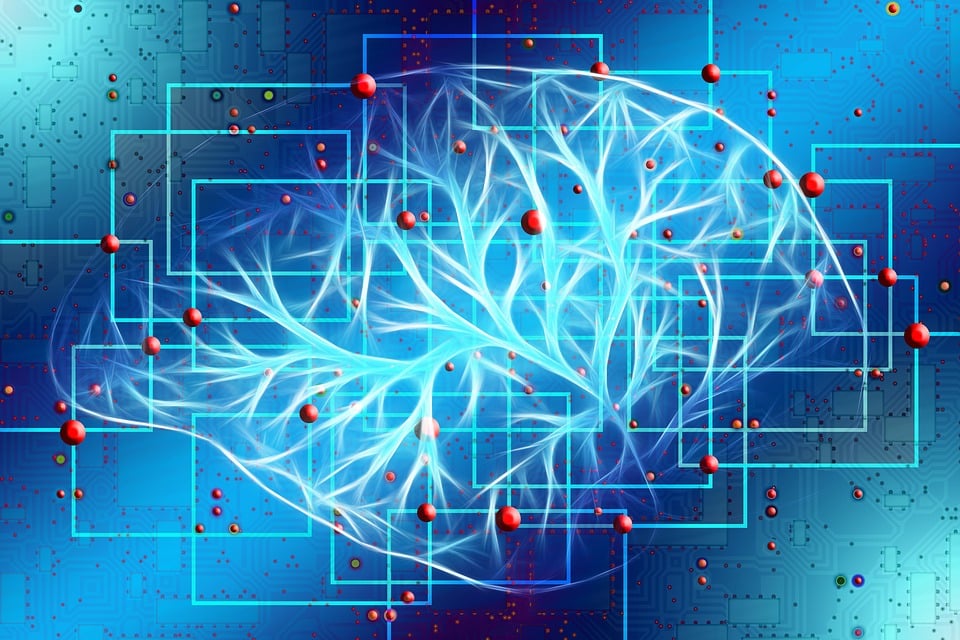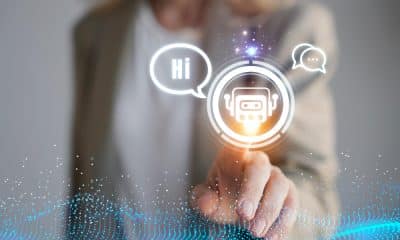Facebook develops AI to predict worsening COVID-19 symptoms
Facebook has taken AI a step further by developing a software that can predict the likelihood of a COVID-19 patient deteriorating or needing oxygen. The social media giant said the software could help doctors avoid sending at-risk patients home too-early, while also helping hospitals plan for oxygen demand.
Researchers said they developed three machine-learning models in total, that are slightly different. The first model tries to predict deterioration based on a single chest x-ray, the second one does the same with a sequence of x-rays, and the third model uses a single x-ray to predict how much supplemental oxygen a patient might need.
In an official blog post, the researchers said the model uses sequential chest x-rays to predict up to four days (96 hours) in advance if a patient may need more intensive care solutions. “These models are not products, but rather research solutions, intended to help hospitals in the days and months to come with resource planning. While hospitals have their own unique data sets, they don’t have the computational power necessary to train deep learning models from scratch. We are open-sourcing our pretrained models so that hospitals with limited computational resources can fine-tune the models using their own data.”
William Moore, professor of radiology at NYU Langone Health, said the researchers have been able to show that with the use of this AI algorithm, serial chest radiographs can predict the need for escalation of care in patients with COVID-19. “As COVID-19 continues to be a major public health issue, the ability to predict a patient’s need for elevation of care, for example ICU admission, will be essential for hospitals,” he said.
Also Read: India, Japan ink pact to enhance cooperation in ICT
The researchers used an AI technique called “momentum contrast” to train a neutral network to extract information from chest x-ray images. A neutral network is a computing system vaguely inspired by the human brain that can spot patterns and recognize relationships between vast amounts of data.
Ben Glocker, an expert at Imperial College London, said one would need to study how well this translates to new, unseen data from different hospitals and patient populations. He believes all data, that is training and testing, is coming from the same hospital.











































Pingback: Three UK partners with TCS to accelerate 5G network rollout | The Plunge Daily